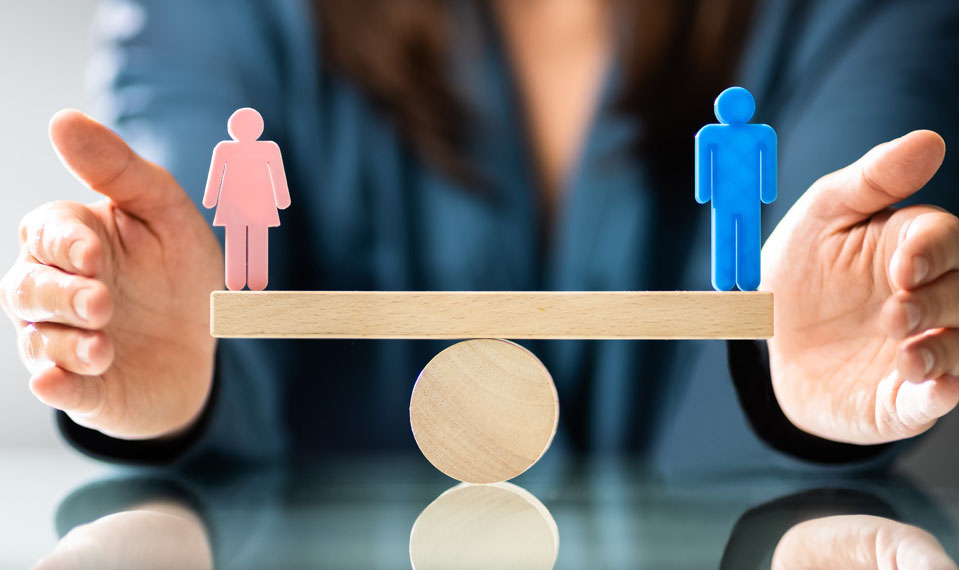
While the National Gender Policy, revised in 2021, aligns with international frameworks like the Convention on the Elimination of All Forms of Discrimination against Women (CEDAW) and the Sustainable Development Goals (SDGs), aimed at creating a society where women and men enjoy equal opportunities and rights, the challenge lies in translating these policies into tangible outcomes.
So, despite significant strides in policy development, such as the National Gender Policy, Nigeria still grapples with systemic barriers to gender equality as gender-based violence, economic disparity, and limited access to education and healthcare continue to hinder women’s empowerment.
By joining the world on March 8, to commemorate International Women’s Day (IWD) 2025 with the theme “For ALL Women and Girls: Rights. Equality. Empowerment,” and the campaign theme,
“Accelerate Action”, Nigeria again hoped to address these lingering issues on women. This global “chorus” calling for accelerated action towards gender parity and the protection of women’s rights deeply resonates with Nigerians because Nigerian women are exposed to all sorts of societal iniquities like inequality, discrimination and violence.
Although there is a lot to celebrate regarding the achievements of women and girls globally, we must recognise that we live in a country where women’s rights often exist more on paper than in practice. As such, this year’s theme serves as a clarion call to move beyond rhetoric, and take bold and decisive steps towards the campaign theme for IWD 2025, “Accelerate Action” to achieve gender equality in this country. It is time to move beyond promises to practical solutions that empower women and uplift the vulnerable to make true progress towards gender parity and the protection of women’s rights.
In this regard, Nigeria’s path to gender parity requires a multi-faceted approach that involves both policy reforms and societal shifts. It also requires implementing tangible measures, to bridge the gender gap and ensure that women are not just seen, but empowered to achieve gender parity.
Essentially, to accelerate action, for “…Women and Girls: Rights. Equality. Empowerment”, there is the need to fast-track policies that enhance gender parity and safeguard women’s rights; and introduce innovative policies aimed at protecting women’s rights and promoting gender equality.
This includes policy reforms, implementing policies that protect women from gender-based violence, ensuring equal access to education and healthcare, and promoting women’s participation in leadership roles; not discounting the social protection systems that play a crucial role in addressing violence against women by integrating multisectoral coordination and training for social protection providers.
Again, it is imperative to strengthen laws that protect women from discrimination and violence. It is heart-warming that the Senate has committed to enacting legislation to eliminate barriers to women’s progress, including a pledge for 35 per cent affirmative action in governance processes. This commitment aligns with the National Gender Policy and the United Nations Convention on the Elimination of All Forms of Discrimination Against Women.
Although various commitments have been made over the years, the persistent challenge of implementation remains. Therefore, it is important to walk the talk and implement Nigeria’s National Gender Policy with vigour and commitment to enhance its effectiveness. Achieving this requires strong political commitment which includes allocating resources and ensuring accountability. Institutional restructuring by establishing a robust gender management system within institutions can facilitate the professionalisation of gender equality efforts; and regular monitoring and evaluation of policy outcomes can help identify gaps and inform future interventions. Also, the federal government may do well to collaborate with local governments to develop and implement gender-responsive policies.
Nigeria can significantly increase awareness of the importance of gender equality to national development. To achieve this, media platforms can be utilised to raise public awareness about the benefits of gender equality for national development and also tackle gender stereotypes in media and advertising.
Therefore, social advertising, public service announcements, documentaries and news that highlight the importance of gender equality and women’s empowerment can also be used to accelerate action towards gender parity in Nigeria. In addition, community volunteers can be engaged and platforms like WhatsApp and radio can be leveraged for social and behaviour change communication (SBCC) campaigns to reach millions, as seen in the Audiopedia project’s efforts in Southeast Nigeria.
Most importantly, as Nigeria strives to accelerate action towards gender parity, duty-bearers should translate policy into practice by allocating resources, ensuring accountability; and adopting SBCC.
To be continued tomorrow.






